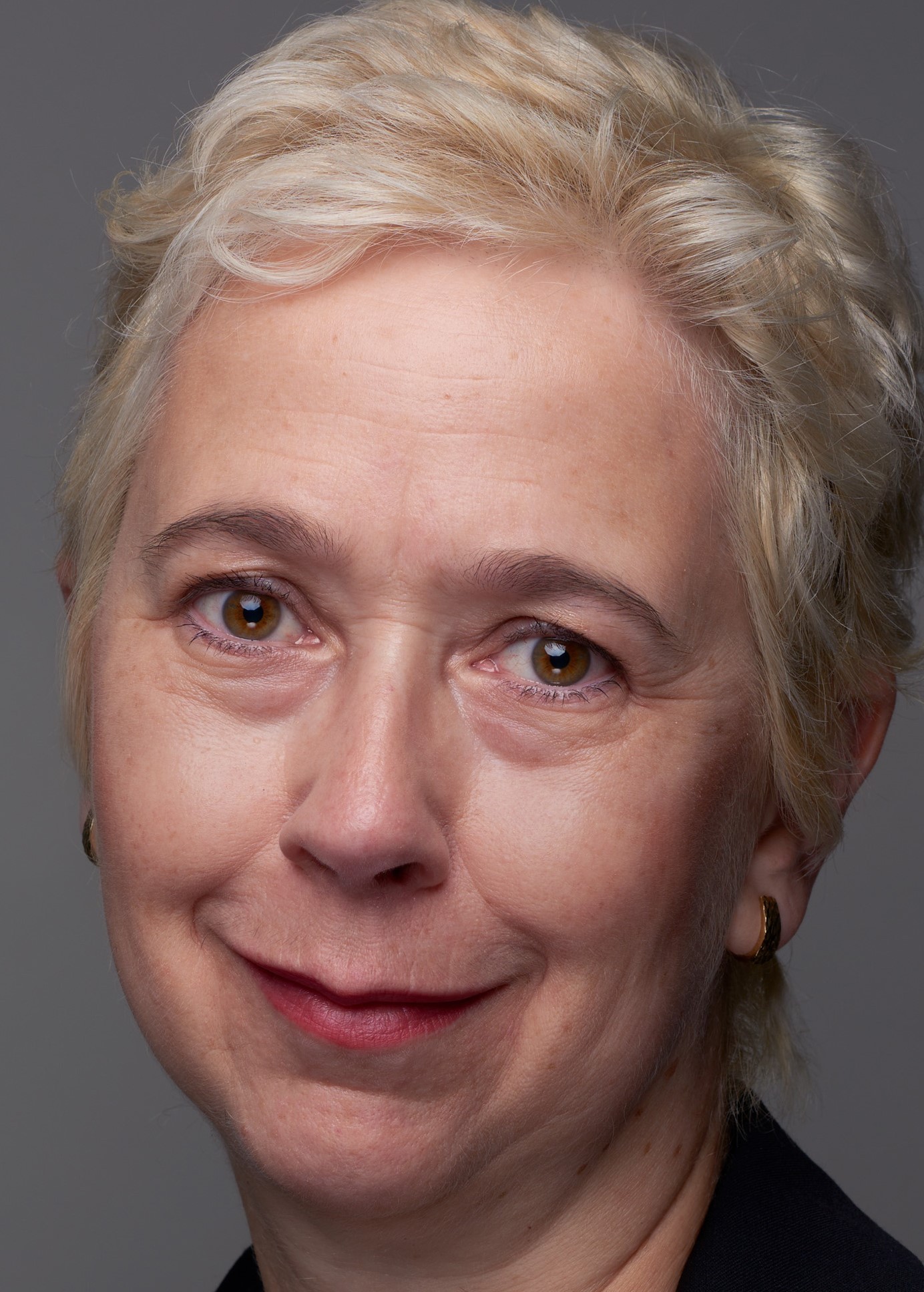Helen Cadbury (1983)

Helen belonged to an eminent Quaker family who had moved from Yorkshire to Birmingham in the nineteenth century. Like them, she lived her life following the Quaker principles of philanthropy; working for economic, racial and criminal justice and equality for all people in a community. Nonconformists in the development of Birmingham, especially Unitarians and Quakers, were leading lights in improving the lives of ordinary people in what had become a heavily industrialised, ‘slum’ city, until more radical measures were implemented in the latter part of the century.
Helen did not spend all her secondary school career at KEHS. As her family moved away from Birmingham, she went to school in Oldham and then the Quaker School Leighton Park, Reading. She then decided to read Drama and English Studies at East Anglia. Her varied career path always reflected her Quaker values. She had only been sixteen when she attended the Manchester rally for the Campaign for Nuclear Disarmament. Various posts included teaching in schools; producing material for teaching Creative Writing; working as a tutor at a Women’s Open Prison; Education Officer to the York Theatre Royal. Helen was also an ardent environmentalist, persuading others to follow more ethical sustainable development schemes.
With a husband and two sons, we might be tempted to think that these are great achievements in themselves for the “modern” woman. However, Helen did not stop there. At the age of the forty she started writing for herself, both fiction and poetry. As the author of the Sean Denton series of crime novels, set in Doncaster, she gained great acclaim and many awards. Reviews of their novels, with the expectations of more to come and film scripts, commented on the ever present Quaker principles into which Helen was born.
Tragically, the last of the Sean Denton trilogy was published in September 2017, a few months after Helen died of cancer.
Maintaining her family roots, she was a member of the Board of the Barrow Cadbury Trust, a charitable foundation established by her Quaker forebears. She took over as its chair in 2013, when her sister, Ruth, was selected to stand for Parliament (holding the seat of Brentford and Isleworth since 2015). Even after being diagnosed with cancer, Helen delivered a keynote speech at Hong Kong’s Philanthropy Conference in 2016.
Helen Cadbury was, and is, a remarkable role model. Typical of many talented women, she led a full, happy and active life, enjoying different roles and careers. Other KEHS girls and women would do well to follow her lead. She certainly had some of the KEHS ethos, as well as Quaker ethos, in her, giving back her talent and commitment to others; very much the maxim of Miss Creak, Miss Major and the very first group of Old Edwardians to pass through the school.
Helen’s closest friends conclude, “Hers was a sparkling, funny, ever curious intelligence always put to purposeful good use.” There is no more to add.
